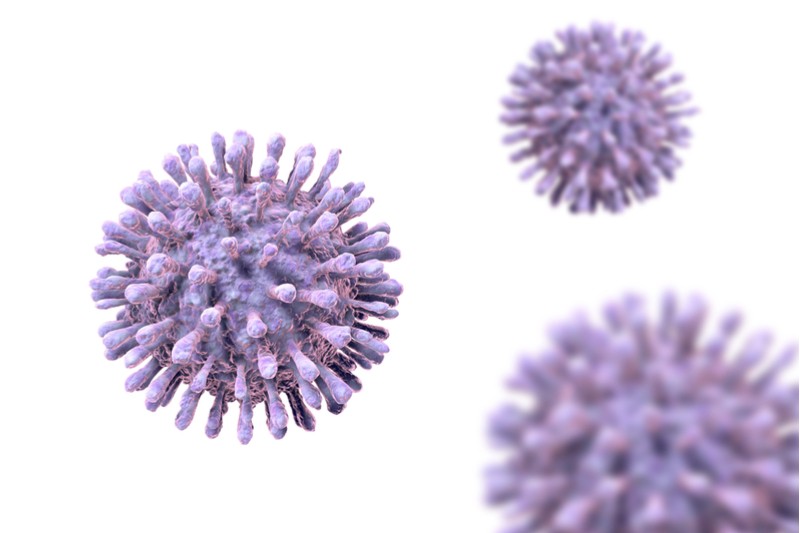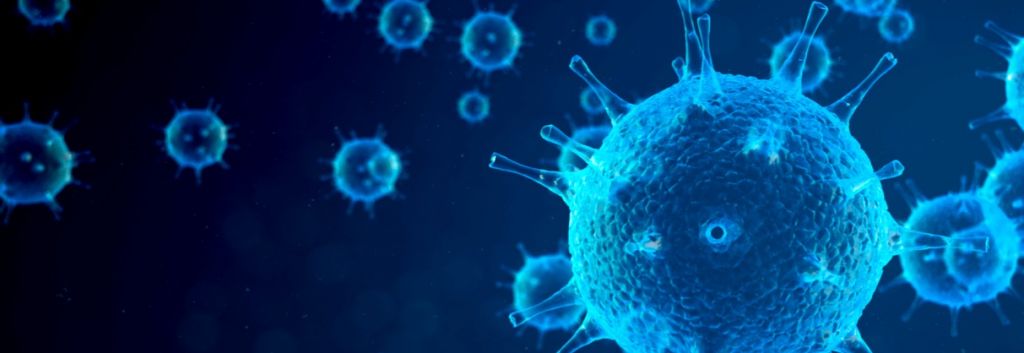Newsletter Signup - Under Article / In Page
"*" indicates required fields
Researchers at the Institut Pasteur were able to selectively kill the cells where HIV hides from antiretroviral drugs, opening the way for a new form of HIV treatments.
The reason why HIV comes back when a person stops taking antiretroviral therapy is that it remains hidden and undetected within immune T cells. In a study published yesterday in Cell Metabolism, the French scientists unveiled that HIV prefers to infect those T cells with higher metabolic activity, making them a promising target to get rid of the latent virus.
T cells with higher metabolic activity, and therefore prone to HIV infection, consume more nutrients. Using molecules that block the metabolism of glucose, glutamine and fatty acids, the researchers were able to kill the more active T cells in the test tube without harming other T cells.
“Glucose and glutamine inhibitors showing more promise,” Asier Sáez-Cirión, leader of the research group, told me. “We are screening different molecules with our tests in the laboratory to identify optimal combinations and the best strategy to apply these molecules in vivo. Then we expect to start small proof of concept preclinical and clinical studies.”

He remarked that it will take years until the research can be translated into humans, and there are still several challenges to address. “The main challenge is to find a way to interfere with metabolic pathways of the infected cells without affecting immune responses that rely on the same pathways or other cells in the organisms,” said Sáez-Cirión.
It is still unknown how much of the hidden HIV reservoir this approach will be able to target. While metabolic inhibitors could protect cells from HIV infection and kill recently infected cells, for people that have been taking antiretroviral therapy for years the metabolism of HIV-infected cells might have changed. If that’s the case, additional drugs might be needed to make the infected cells sensible again to metabolic inhibitors.
Although it will take time to test its clinical efficacy, this discovery is an important step in better understanding HIV infections. It was previously not known why HIV only infects certain T cells, and we now know of another weak spot that could be exploited against the virus for the development of a functional HIV cure.
Images via Shutterstock






